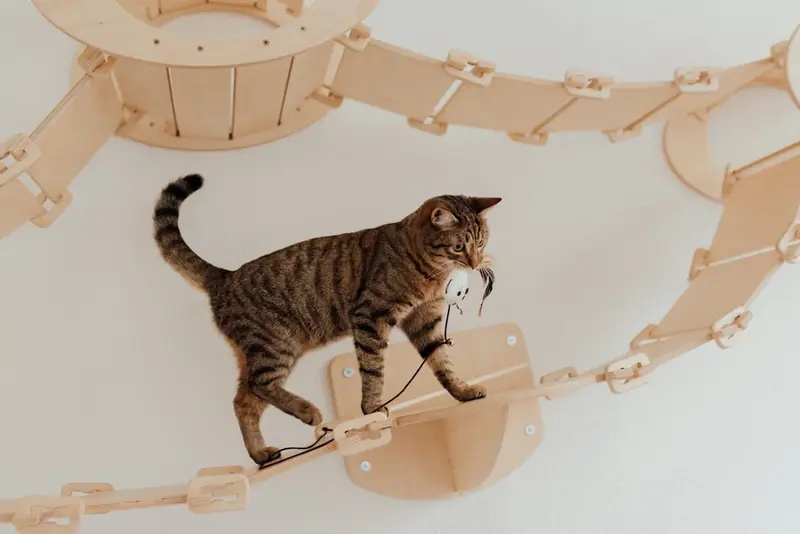A team of American animal psychologists has discovered that 4 out of 10 domestic cats enjoy playing fetch. Traditionally associated with dogs, this game has shown that cats also have a fondness for it—more than researchers initially believed. According to a study by Purdue University in Indiana, over 40 percent of cats occasionally return toys thrown by their owners. This statistic surprised the scientists. “We understand the reasons why dogs play fetch, but it’s unclear why cats do it,” noted the study’s authors. “During the domestication of dogs, humans selected them for specific behaviors, such as retrieving, which likely explains why the behavior of ‘bringing back’ is much more common in dogs,” explained lead author Mikel Delgado, an animal behavior specialist. He expressed his astonishment at the number of cats that bring back toys, “since these animals were not specifically bred to assist humans in tasks like hunting or herding.”

What did the researchers find out? The 2023 study, published in the journal Scientific Reports, revealed that cats who play fetch typically do so on their own terms. Remarkably, nearly 95 percent of cats initiate the game without any prior training. In this new study, animal psychologists surveyed over 8,000 cat owners and found that 40.9 percent of cats play fetch “sometimes,” “usually,” or “always.” Many cats also engage in other carrying-related activities, even if they don’t play fetch. Specifically, about 58 percent of cats carry toys with them, while 39 percent bring toys to their owners to start a game. The university team also discovered that Siamese, Burmese, and Tonkinese cats were the most likely to play fetch. Researchers identified factors that increased the likelihood of a cat enjoying this game, including being male, living exclusively indoors, and having no health issues. Interestingly, living in the same household as dogs made cats less inclined to play fetch. This could be due to dogs displaying predatory behavior towards cats or their toys, the researchers suggested.

Simultaneously, the team studied the fetch behavior in dogs, as reported by Live Science. As expected, dogs showed a greater inclination to play fetch. A survey of over 73,000 dog owners revealed that nearly 78 percent of dogs played fetch at least occasionally, with retrievers, pointers, poodles, and spaniels being the most enthusiastic participants. Notably, retrievers were specifically bred for retrieving game during hunts. The researchers concluded that, like dogs, cats can also play fetch simply for fun. “In both species, fetching is associated with activity and energy levels, so it’s likely a form of play,” Mr. Delgado stated in his remarks. His team also suggested that fetching helps cats practice hunting behaviors, such as stalking and biting. However, it remains unclear to what extent domestication has influenced this behavior. “We hope this research draws more attention to cat behavior, which is often portrayed as independent or aloof. In reality, they can be very social, and this is a great example of their interaction with humans,” the scientist emphasized. The results of the study were published in the journal PLOS ONE.

